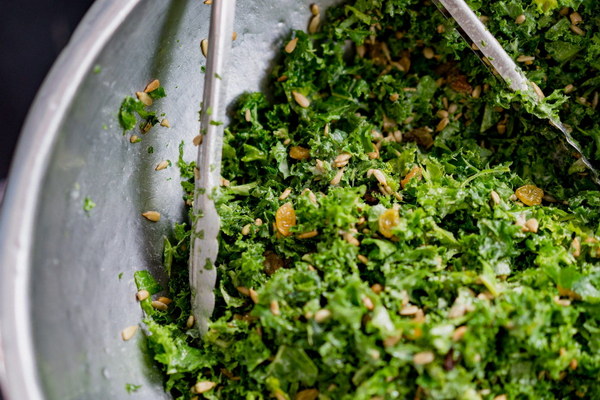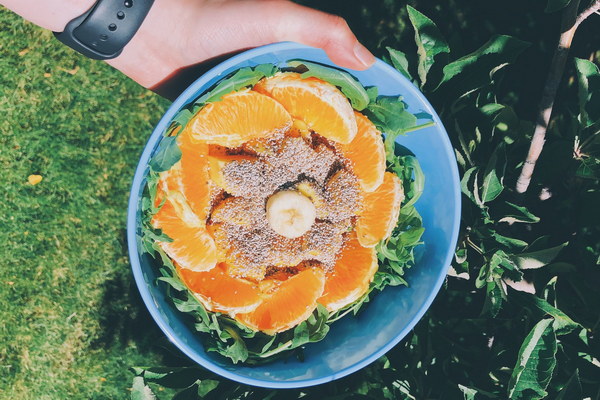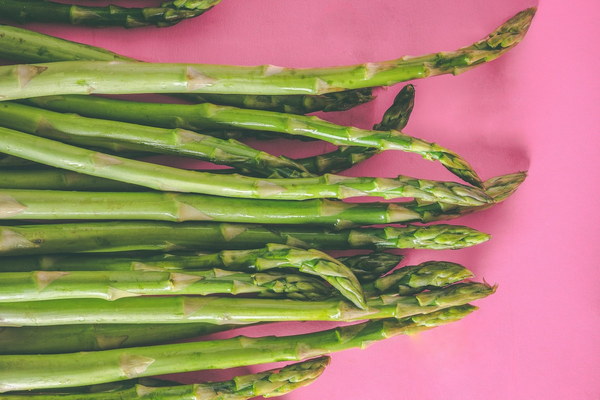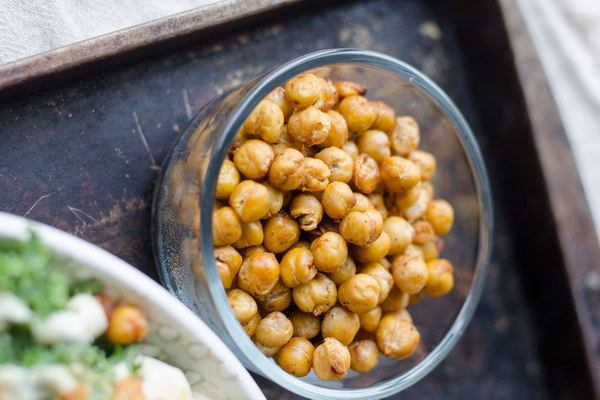Nurturing the Body A Guide to Managing Hypoglycemia in Women
Hypoglycemia, often referred to as low blood sugar, is a condition that affects many individuals, including women. It occurs when blood sugar levels drop below normal, leading to symptoms like dizziness, confusion, and weakness. For women, managing hypoglycemia is essential for maintaining overall health and well-being. Here's a comprehensive guide on how to nurture your body and manage hypoglycemia effectively.
1. Understanding the Basics of Hypoglycemia
Before delving into the management strategies, it's crucial to understand the basics of hypoglycemia. This condition arises due to several factors, including insulin overproduction, excessive insulin use, certain medications, and inadequate food intake. It's essential to identify the underlying cause to tailor the management approach accordingly.
2. Adopting a Balanced Diet
A well-balanced diet is the cornerstone of managing hypoglycemia. Here are some tips to consider:
a. Eat Small, Frequent Meals: Consuming small, frequent meals throughout the day can help maintain stable blood sugar levels. Aim for three balanced meals and two to three healthy snacks.
b. Focus on Carbohydrates: Carbohydrates are the primary source of energy for your body. Include a variety of carbohydrates in your meals, such as whole grains, fruits, and vegetables.

c. Choose Complex Carbohydrates: Complex carbohydrates, like those found in whole grains, are digested slowly, helping to keep blood sugar levels stable. Avoid simple carbohydrates, such as sugary snacks, as they can cause rapid spikes and crashes in blood sugar levels.
d. Incorporate Proteins and Healthy Fats: Proteins and healthy fats can help slow down the digestion of carbohydrates, further preventing blood sugar spikes. Include lean proteins, such as chicken, turkey, and fish, and healthy fats, like nuts, seeds, and olive oil, in your diet.
3. Stay Hydrated
Dehydration can exacerbate hypoglycemia symptoms. Ensure you drink plenty of water throughout the day to maintain hydration levels and support overall health.
4. Manage Stress
Stress can trigger hypoglycemia symptoms. Techniques like meditation, deep breathing exercises, and yoga can help manage stress levels and prevent hypoglycemia episodes.
5. Regular Exercise
Regular physical activity can help regulate blood sugar levels. Aim for at least 30 minutes of moderate exercise most days of the week. Consult with your healthcare provider before starting a new exercise regimen, especially if you have underlying health conditions.
6. Monitor Blood Sugar Levels
Regularly monitoring your blood sugar levels can help you identify patterns and triggers for hypoglycemia. This information will enable you to make necessary adjustments to your diet and lifestyle.
7. Identify and Avoid Triggers
Certain factors can trigger hypoglycemia in women. These include skipping meals, excessive alcohol consumption, certain medications, and intense exercise. Identifying and avoiding these triggers can help manage hypoglycemia effectively.
8. Carry Hypoglycemia Emergency Supplies
Always have emergency supplies on hand, such as fast-acting carbohydrates, glucose tablets, or a sugary snack. This will help you quickly manage a hypoglycemia episode when it occurs.
9. Seek Professional Help
If you're struggling to manage your hypoglycemia, don't hesitate to seek professional help. Your healthcare provider can offer guidance, recommend treatment options, and help you create a personalized management plan.
In conclusion, managing hypoglycemia in women involves a combination of dietary adjustments, lifestyle changes, and professional guidance. By following these tips, you can nurture your body and effectively manage hypoglycemia, leading to a healthier and more balanced life.









